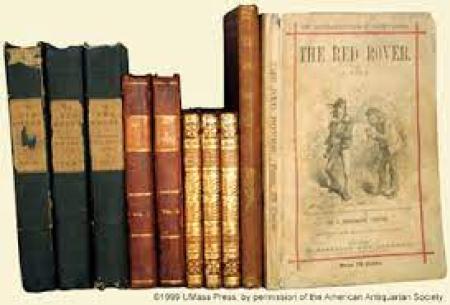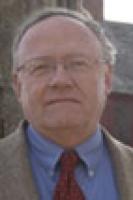
American Antiquarian Society
185 Salisbury Street
Worcester, MA 01609
United States
American literature has had many origins, but as a modern commercial phenomenon it took its clearest rise in New York City and Philadelphia in the two decades immediately following the War of 1812. Here a group of apologists for the coming maturity of American culture battled English condescension in a series of publications such as James Kirke Paulding's Diverting History of John Bull and Brother Jonathan (1812), Robert Walsh's Appeal from the Judgments of Great Britain (1819), and Charles Jared Ingersoll's Discourse of America on the Mind (1823). More importantly, writers in this region invented both a series of popular literary types and innovative means of marketing them. "Financing America's First Literary Boom" will examine the parallel efforts of Washington Irving and James Fenimore Cooper to secure the profits from their wildly successful books in the United States and abroad in the years from 1820 to 1830. In doing so, it will offer a lively portrait of how literature was transformed from a cultural ambition into a paying profession in the new American nation. This lecture is based on Franklin's forthcoming book, James Fenimore Cooper: The Early Years (Yale University Press, May 2007).

Wayne Franklin is the author of several studies of early American literature and culture, including Discoverers, Explorers, Settlers (1979) and The New World of James Fenimore Cooper (1982). He is the editor of the pre-1700 section of the Norton Anthology of American Literature and is the founding editor of the 25-volume American Land and Life series (1990-present). He is a professor of American Studies and English at the University of Connecticut.